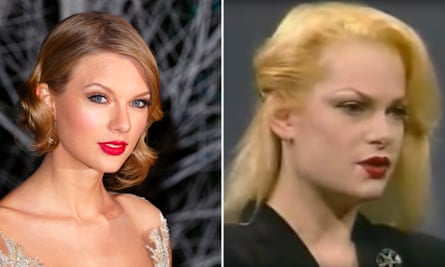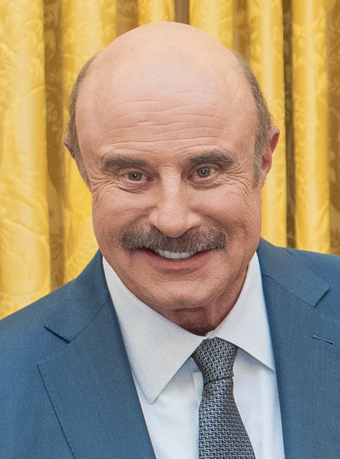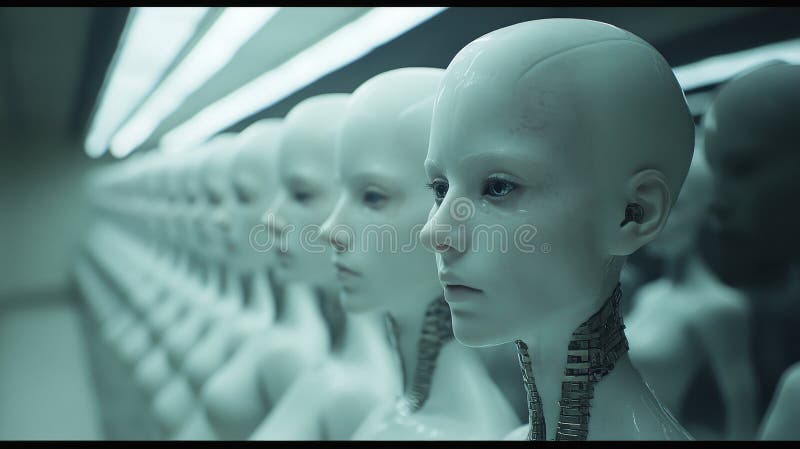Decoding the Swift Clone Conspiracy: Rebooting Authenticity in the Age of Manufactured Pop Stars

The internet, a sprawling landscape of information and misinformation, is fertile ground for conspiracy theories. Among the more outlandish, yet stubbornly persistent, is the notion that Taylor Swift, the global pop icon, isn't who she seems to be. Or, more precisely, that the "Taylor Swift" we see today is a series of carefully curated, cloned replacements, each designed to maximize her appeal and longevity in a ruthlessly competitive industry. This isn't just a casual fan theory; it's a belief system with its own internal logic, anxieties, and online ecosystems. Let's delve into the murky depths of the Swift clone conspiracy, exploring its origins, the arguments that fuel it, and the cultural anxieties it unwittingly exposes.
Taylor Swift's career transitions, contrasted with the technological possibilities of cloning and artificial replication.
The Breeding Ground: 4chan's /pol/ and the Ironic Hate Machine
The Swift clone theory, like many internet conspiracies, finds a home on 4chan, specifically its /pol/ (politically incorrect) board. Here, nestled amongst often hateful and ironic rhetoric, the idea of Swift as a series of cloned replacements thrives. The logic, if it can be called that, rests on the perceived artificiality of celebrity image, exaggerated to a disturbing degree. Swift's distinct "eras" – from the country sweetheart of her debut album to the pop superstar of 1989, the edgier persona of Reputation, and the folksy artist of Folklore – are not seen as natural artistic evolution, but rather as calculated "reboots."
Posts often feature side-by-side comparisons of Swift's appearance across different albums, highlighting subtle (and often imagined) differences in her facial features, hair, and style. These are presented as "proof" of her being a newer model. Memes circulate depicting scientists in labs, tweaking the "Taylor Swift algorithm" for maximum marketability. The language used is often coded and dehumanizing, referring to her as a "manufactured product" or a "puppet" controlled by shadowy forces within the music industry. This is not just about disliking a pop star; it's about a deep-seated distrust of female artists perceived as controlling their own narrative. The underlying anxiety is that Swift's success isn't "organic" or "authentic," but rather the result of manipulation and technological intervention.
 The Taylor Swift algorithm meme is a depiction of the perceived manipulation behind her image.
The Taylor Swift algorithm meme is a depiction of the perceived manipulation behind her image.
Right-Wing Commentary: Fueling the Flames
While 4chan provides the raw, often toxic, fuel for the conspiracy, right-wing commentators have, perhaps unwittingly, amplified the flames. Figures like Ben Shapiro and Candace Owens have been critical of Swift's evolving politics and image, particularly her vocal stance on social issues. This criticism, often framed as a defense of "traditional values," is then twisted by conspiracy theorists into "proof" of her being a manufactured product. Any perceived deviation from a pre-defined, conservative mold is seen as evidence of an "artificial" change orchestrated by her handlers.
For example, when Swift publicly endorsed Democratic candidates in 2018, it was interpreted by some as a sign that the "original" Swift had been replaced by a politically correct "clone." The underlying assumption is that a "true" Swift would adhere to certain ideological expectations, and any departure from those expectations is therefore suspect.
 Right-wing commentators expressing disagreement with Taylor Swift's political endorsements.
Right-wing commentators expressing disagreement with Taylor Swift's political endorsements.
The Motives: Brand Control and Perpetual Relevance
Why clone Taylor Swift? According to proponents of the theory, the motives are simple: to maintain brand control, maximize long-term profit, and ensure perpetual relevance. Each "reboot," they argue, is designed to appeal to a new generation of fans, keeping the Taylor Swift brand fresh and lucrative. Controversies, such as the Kanye West feud or the Scooter Braun masters controversy, are seen not as organic events, but as orchestrated events that may necessitate a "replacement" to keep her public image intact.
The idea is that a clone can be strategically deployed to weather scandals, allowing the "brand" to continue thriving without being tarnished by the actions of the previous iteration. This speaks to a broader anxiety about the commodification of celebrity and the relentless pressure to maintain a flawless public image.
 Visual representation of the Taylor Swift brand as a highly managed entity.
Visual representation of the Taylor Swift brand as a highly managed entity.
Expert Analysis: Dr. Vivian Holloway on Cults of Personality
To understand the psychological underpinnings of the Swift clone theory, we spoke with Dr. Vivian Holloway, a fictional psychology professor specializing in cults of personality and celebrity worship. "The Swift clone theory," Dr. Holloway explains, "taps into several key anxieties about authenticity in a hyper-mediated world. We live in an age where identity is increasingly performative, and the line between the 'real' self and the curated persona is blurred."
"The desire to believe that celebrities are secretly controlled, and that fans can 'decode' their messages, fits into pre-existing psychological patterns. It offers a sense of control and agency in a world that often feels overwhelming. By believing they can see through the 'official' narrative, fans can feel like they are part of an exclusive group with special knowledge."
Dr. Holloway added, "The theory also reflects a discomfort with the commodification of identity in the entertainment industry. The idea that a celebrity's image can be endlessly manipulated and reproduced is unsettling because it challenges our notions of individuality and authenticity. It suggests that even our idols are ultimately just products, subject to the whims of corporate forces."
 A portrait of the fictional Dr. Vivian Holloway, a psychology professor specializing in cults of personality and celebrity worship.
A portrait of the fictional Dr. Vivian Holloway, a psychology professor specializing in cults of personality and celebrity worship.
The Eras Tour: A Clone Army on Stage?
Even "The Eras Tour" has been swept up in the conspiracy. Some theorists claim that due to the tour's rigorous schedule and demanding performances, it would be impossible for one person to complete it. They speculate the "clones" allow her to be multiple places at once, and can withstand intense physical demands.
 A shot from "The Eras Tour," interpreted by some as further evidence of cloning or artificial replication.
A shot from "The Eras Tour," interpreted by some as further evidence of cloning or artificial replication.
Conclusion: Anxieties Beyond the Absurdity
The Taylor Swift clone theory is, on the surface, absurd. There is no credible evidence to support it. However, dismissing it as mere internet silliness would be a mistake. The theory exposes deeper anxieties about authenticity, control, and the commodification of identity in a world saturated with manufactured images. It reflects a growing distrust of institutions, a fear of manipulation, and a longing for something "real" in an increasingly artificial world. While the idea of cloned pop stars may remain firmly in the realm of conspiracy, the anxieties that fuel it are very real, and deserve our attention. It forces us to question what we believe, why we believe it, and how our perceptions are shaped by the digital age.
 Technological imagery and binary code symbolize the anxieties surrounding artificiality and manufactured identities in the digital age.
Technological imagery and binary code symbolize the anxieties surrounding artificiality and manufactured identities in the digital age.